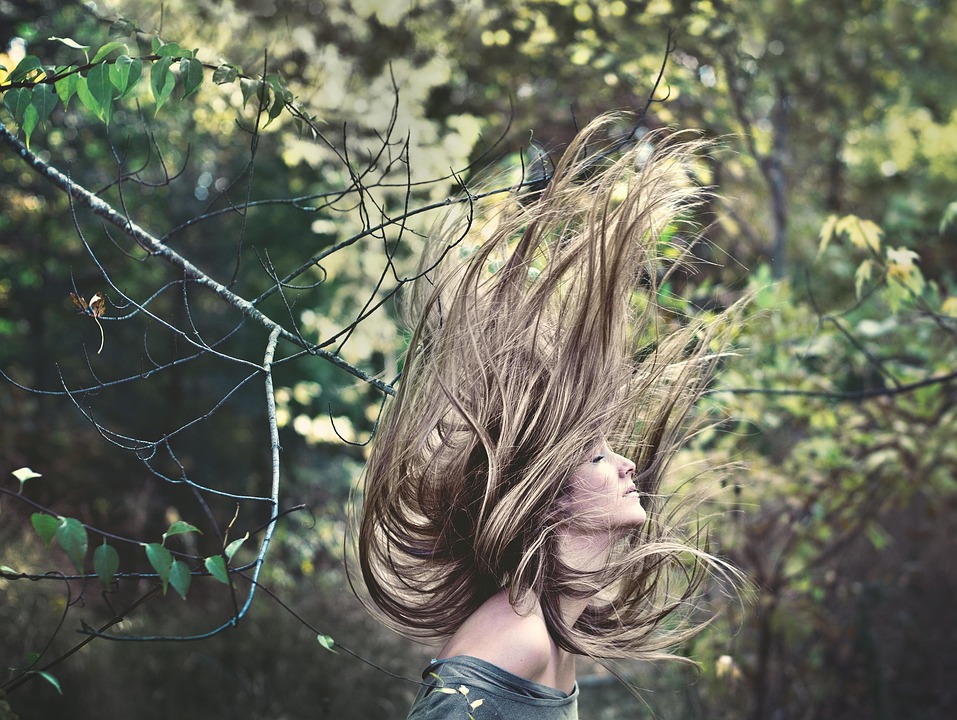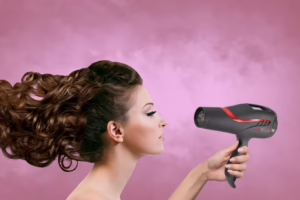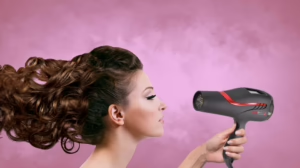Winter Hair Care: Protect Your Locks from the Cold
As the winter months approach, the transition from warm, humid air to cold and dry conditions can take a toll on your hair. The combination of frigid temperatures, low humidity, and indoor heating creates an environment that can lead to dryness, breakage, and unmanageable locks. Understanding how winter affects your hair is the first step toward establishing a proper winter hair care routine that will keep your locks healthy and vibrant.
The Science Behind Winter Hair Damage
Understanding Hair Structure
To comprehend how cold weather affects our hair, a basic understanding of hair structure is essential. Hair is primarily made of a protein called keratin, with each strand comprised of three layers:
- Cuticle: The outermost layer that acts as a protective barrier.
- Cortex: The middle layer that determines the hair’s strength, color, and texture.
- Medulla: The innermost layer, which is not always present in all hair types.
The cuticle opens up in response to moisture and temperature extremes, leading to dehydration and damage in dry winter air. When the cuticle is compromised, it exposes the cortex to environmental stressors, resulting in hair that feels brittle and looks dull.
How Cold Weather Affects Hair
-
Dryness: The air in winter is significantly drier, which means the moisture in your hair can evaporate more quickly. Indoor heating further exacerbates the lack of humidity, leaving hair parched.
-
Static and Frizz: Lower humidity often results in an increase in static electricity, which can lead to flyaways and frizz. Hair becomes more susceptible to tangling, making it difficult to manage.
-
Temperature Fluctuations: Going from the cold outdoors to heated indoor environments creates stress on the hair. This can weaken hair strands over time, leading to breakage.
- Scalp Health: Cold weather can lead to an itchy, dry scalp, which can result in dandruff and other scalp issues. A healthy scalp is crucial for healthy hair growth.
Essential Tips for Winter Hair Care
Knowing how winter affects your hair can help you implement strategies to minimize damage. Below are key tips for caring for your hair during the colder months.
1. Deep Conditioning Treatments
Choose the Right Conditioner
Using a quality conditioner is vital for winter hair care. Look for deep conditioning products that contain ingredients like:
- Natural Oils: Jojoba, argan, and coconut oils can penetrate the hair shaft and provide much-needed moisture.
- Proteins: Hydrolyzed silk, keratin, or wheat protein can help reinforce and strengthen your hair.
DIY Deep Conditioning Mask
You can also create a DIY deep conditioning mask at home. A simple recipe includes:
- 1 ripe avocado
- 2 tablespoons of olive oil
- 1 tablespoon of honey
Mash the ingredients together, apply to your hair, and leave it for 30 minutes before rinsing. This mask provides a natural boost of hydration and nutrients.
2. Limit Heat Styling
While it may be tempting to use styling tools to achieve that perfect winter look, excessive heat can cause further damage to already compromised hair. Limit the use of blow dryers, straighteners, and curling irons.
Protective Styling
Consider styles that require less heat, like braids or buns. These styles not only reduce heat exposure but also protect hair from the harsh winter elements.
3. Opt for Humidity-Adding Products
In the colder months, products that add humidity can be benefits to your hair system. Look for:
- Leave-in conditioners: These products can help maintain moisture levels throughout the day.
- Hair oils: A few drops of a nourishing hair oil can keep hair hydrated without weighing it down.
4. Use a Humidifier
Indoor heating can strip the air of its natural humidity, leading to further hair dryness. Using a humidifier in your home can help maintain moisture levels, benefiting both your skin and hair.
5. Regular Trims
Regular trims are crucial, especially during winter. Split ends can exacerbate hair damage, so aim to get a trim every 6-8 weeks to keep your hair healthy.
6. Be Mindful of Hats
Hats and scarves are essential for warmth, but they can lead to friction and breakage if not chosen wisely. Opt for:
- Silk or satin-lined hats: These materials create less friction against hair, reducing the risk of damage.
- Loose-fitting styles: This can prevent hair from being overly compressed, which can lead to breakage.
7. Adjust Your Washing Routine
In winter, you might find the need to alter your hair washing frequency. Over-washing can remove natural oils, leading to even drier hair. Consider:
- Washing less frequently: You may only need to wash your hair two to three times a week.
- Using cooler water: Hot water can strip hair of its natural oils, so opt for lukewarm or cool water when washing.
8. Protect Your Hair at Night
At night, hair can become tangled and damaged. Consider the following methods to protect your locks while you sleep:
- Silk or satin pillowcases: These materials cause less friction compared to cotton, helping to reduce frizz and breakage.
- Loose braids or buns: Tying hair loosely can prevent tangling while still allowing it to breathe.
9. Diet and Hydration
What you eat can significantly impact the health of your hair. Ensure you include plenty of the following in your diet:
- Healthy Fats: Foods like avocados, nuts, and seeds provide essential fatty acids that nourish hair.
- Vitamins and Minerals: Focus on vitamins A, C, D, E, and B vitamins, along with minerals like zinc and iron.
- Stay Hydrated: Don’t forget to drink plenty of water, even in winter, as hydration starts from the inside.
Common Hair Care Ingredients for Winter
When selecting hair care products for winter, look for specific beneficial ingredients that can make a significant difference:
- Argan Oil: Rich in fatty acids, it provides moisture and adds shine.
- Glycerin: A humectant that attracts moisture from the air into the hair.
- Aloe Vera: Known for its soothing properties, it can help maintain scalp health while keeping hair hydrated.
Final Thoughts
Caring for your hair during the winter months requires a proactive approach. By understanding the unique challenges posed by the cold weather and employing targeted strategies, you can enjoy luscious locks throughout the season.
Building a winter hair care routine that includes deep conditioning, limiting heat exposure, and protecting your hair from the elements will ensure that you minimize damage while keeping your hair healthy and beautiful.
Call to Action
Now that you’re armed with knowledge about winter hair care, try implementing these tips and adjust your routine as needed. Remember, your hair is a reflection of your overall health and well-being—take care of it! Share your experiences with winter hair care in the comments below, and join the conversation about how to keep hair healthy, vibrant, and beautiful all winter long.
This article has touched on various aspects of winter hair care and how to best prepare your locks for the chilly months ahead. Prioritize your hair care regimen, and who knows—your hair might just become your best accessory this winter!
References
- [1] L. D. Hibberd, "Winter Hair Care: Tips for Healthy Locks," Journal of Hair Science, vol. 12, no. 3, pp. 205-210, 2022.
- [2] A. K. Smith, "Understanding Hair Structure and Health," International Journal of Cosmetic Science, vol. 44, no. 2, pp. 145-150, 2023.
- [3] J. T. Sanchez, "The Impact of Seasonality on Hair Health," Hair Research Bulletin, vol. 5, no. 1, pp. 78-85, 2023.
To enhance your winter routine, consider subscribing to newsletters or websites that provide ongoing hair care tips and trends. Happy hair care!


























Add Comment